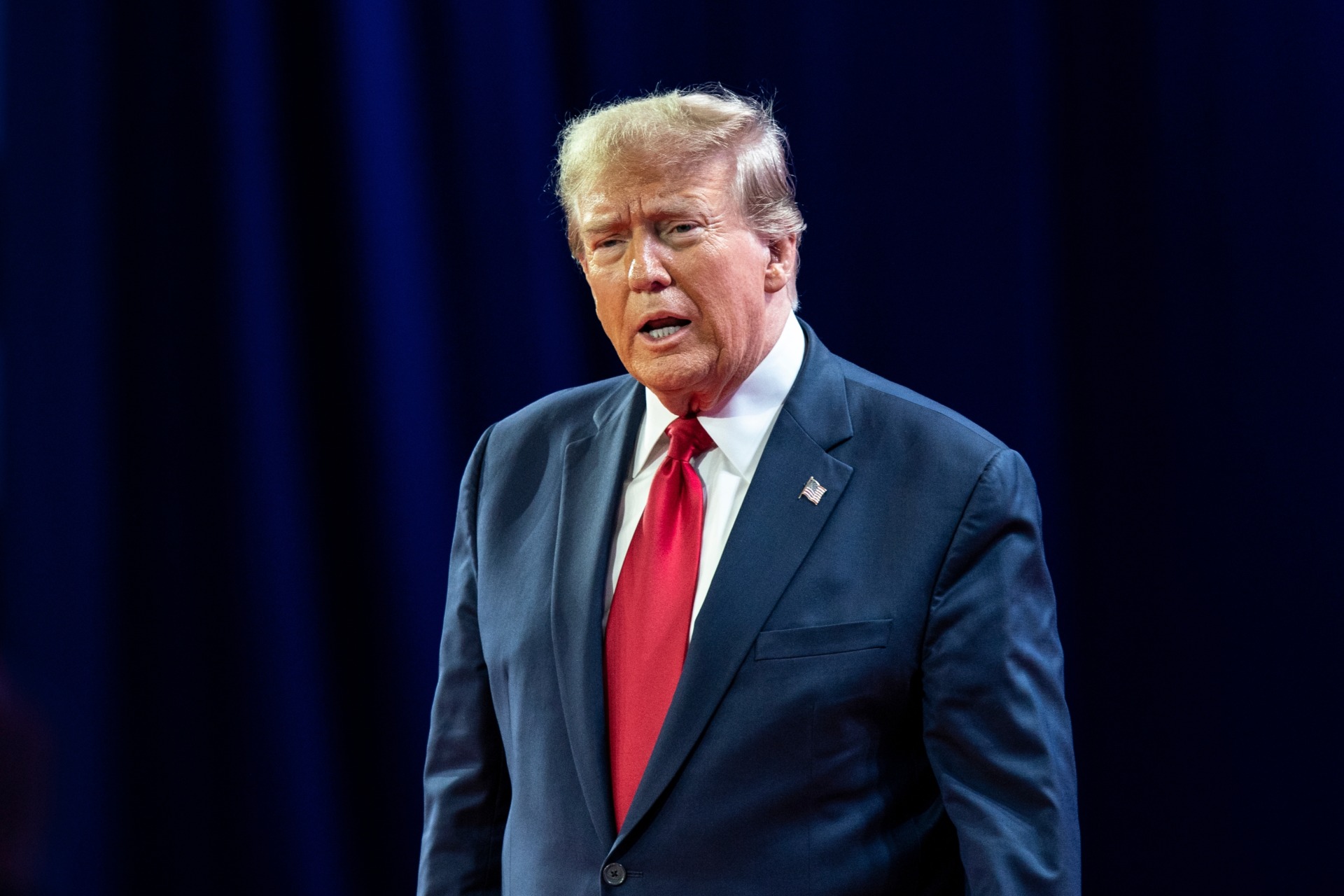The Future of Marijuana in the US
I am one of the 65 million United States citizens that live in states that have legalized marijuana in some form. Currently, half of all Americans have access to medical marijuana and almost all of the others have access to non-pyschoactive CBD forms of cannabis. Only six states have not legalized marijuana in any form. This follows the tide of pro-marijuana sentiment that has swept across the United States in recent years.
If you are someone involved in the marijuana industry, either as a patient, a grower, or a producer, you have probably experienced a certain level of fear following the most recent presidential election. I too have found myself often contemplating the future of the industry that has dramatically increased the quality of life for so many people, decreased the need for harsh and addictive pharmaceuticals, and provided a plethora of new jobs in states that have legalized marijuana.
The marijuana industry has flourished under the Obama administration and has been able to provide help to many people who needed it desperately. So much progress has been made that has changed the image of marijuana, which was once labeled as a dangerous gateway drug (which has since been disproven). With widespread support of the American population, cannabis has rightfully found its place as a beneficial and applicable medication in the United States. Yet, there is a chance that this widespread access could change and people may no longer be able to access their much needed medication, if the new administration so chooses.
RELATED: MARIJUANA LEGALIZATION IS IN JEOPARDY
President Obama’s Position
President Obama recently reaffirmed his position on marijuana in his interview with Rolling Stone magazine by saying, “I do believe that treating [marijuana] as a public-health issue, the same way we do with cigarettes or alcohol, is a much smarter way to deal with it.”
He stressed in his interview, however, that cannabis related issues are not decided by the President but by laws and DEA policy. He expressed that the DEA might not always be on the “cutting edge” about marijuana related issues. This is consistent with President Obama’s previous remarks about how he believes that cannabis is less dangerous than alcohol for personal consumption. President Obama and his administration put the Cole memo in place to established a non-interference policy with marijuana in states where it has been legalized, allowing for the industry to expand un-impeded by marijuana’s title as a Schedule I substance.
The Trump Effect
Our current President Elect, Donald Trump, does not have a record for being against the use of marijuana, specifically medical marijuana. Long before his time a politician, Trump expressed concerns about the War on Drugs because of the amount of money it has wasted and the amount of money it brought to drug cartels. Recently though, he has expressed trepidation about recreational marijuana, though he has stayed completely in support of medical marijuana. Many members who are beginning to be added to Trumps cabinet, however, have harsh anti-marijuana records that concern me greatly.
Jeff Sessions, Trump’s current nominee for Attorney General, is one of the most outspoken supporters of the War on Drugs in the United States congress. He has referred to marijuana reform as a “tragic mistake” and thinks there has been widespread disturbances in states where it was legalized.
Senator Sessions words completely disregard all of the obvious medicinal value of cannabis and instead promotes the use of a draconian drug policy. He has criticized Attorney Generals Eric Holder and Loretta Lynch, as well as Obama, for being soft on marijuana and allowing state legalization to occur under their watch. As someone involved in the industry, it is hard to watch someone who clearly knows nothing about the potential benefits of cannabis, say that marijuana has not helped thousands if not millions of people. Cannabis can prevent suffering from a plethora of conditions and is replacing extremely addictive and deadly drugs like opioids.
Reversal of Cannabis Protection
If Jeff Sessions is approved as Attorney General, he has the ability to reverse the years of progress in support of marijuana through just one signature. Sessions has the ability to revoke the Cole memo that essentially protects citizens in legal states. Reversing the memo would immediately allow the DEA to enter states and arrest growers, retailers, and patients at will.
The current $6.7 billion industry could be completely wiped out against the favor of the majority of the American population. As Obama said, marijuana policy is far more dictated by people outside of the presidency, so even if Trump does not intend to wipe out the marijuana industry, members of his cabinet like Sessions could drive these decisions.
Some members of Congress believe that Sessions would allow for the continuation of the marijuana industry due to his staunch belief in the protection of states rights. Unfortunately, I believe it is unlikely that an anti-marijuana crusader like Sessions would not take advantage of his position to push his agenda.
Until we know the stance our new administration will take on the future of cannabis in the United States, it is hard to project what unhindered progress will be made within the industry. The temporary memos side step formal federal laws, so sadly, they can be unraveled just as quickly as they were instated. If this happens, the short term future may be rather bleak. There are a lot of unknowns. My hope is that with 60% of the population in favor of recreational marijuana and 90% of the population in favor of medical, the will of the people will ultimately prevail.



